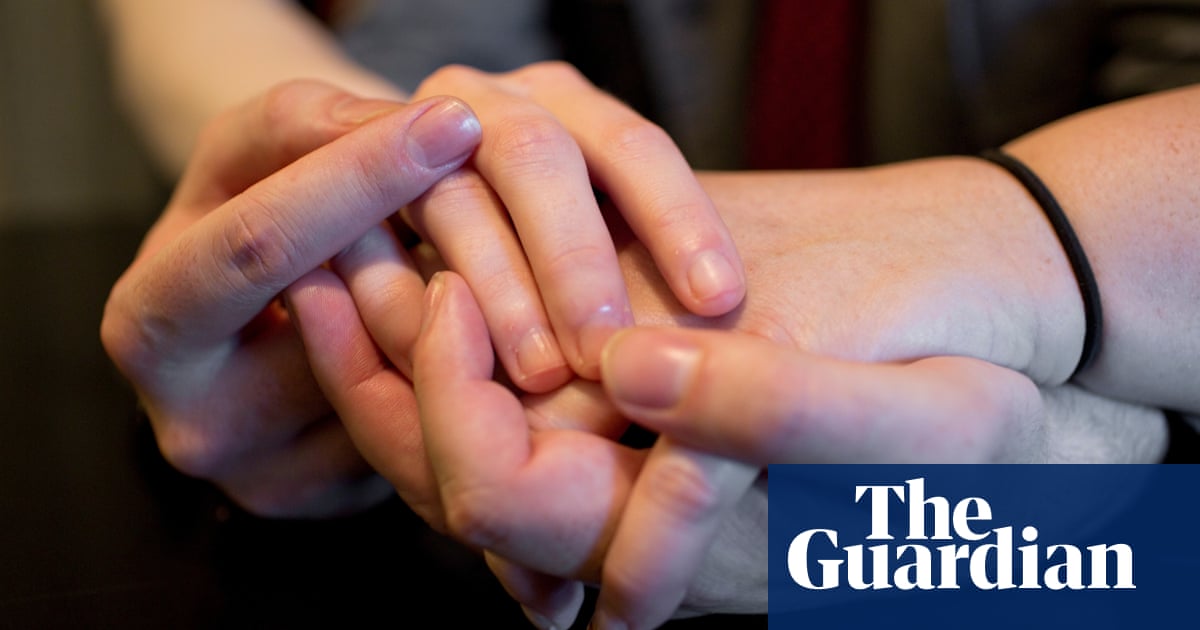Non-monogamous people are just as happy in their love lives as those with only one partner but are not “significantly” more sexually satisfied than traditional couples, research suggests.
Polyamory, open relationships and swinging are among the many forms of consensual non-monogamy. Polyamory has become increasingly mainstream, with a recent poll showing that one in 25 Britons have experienced it. A further one in 14 said they would be open to exploring it.
And the authors of a new study said their findings challenged what they called a prevailing “one-size-fits-all approach to relationships”, showing that contentment is not inextricably linked to monogamy.
“Our findings show that non-monogamous individuals experience relationship and sexual satisfaction on par with those in monogamous relationships, challenging the myth that monogamy is inherently superior,” said Dr Joel Anderson, the first author of the study from La Trobe University.
“While monogamy works well for many, others find connection, fulfilment, and wellbeing through non-monogamous relationships.”
Writing in the Journal of Sex Research, the team found that while some studies found relationship satisfaction was greater in monogamous relationships than non-monogamous relationships, other studies found the reverse to be true, and most found no difference at all.
“The overall effect estimate showed no significant differences in relationship satisfaction for non-monogamous individuals compared with monogamous individuals,” the team concluded, adding that the result held both for heterosexual and LGBTQ+ participants.
And the team found similar results when they looked at studies that explored sexual satisfaction.
While some research suggested polyamory and swinging were associated with greater sexual satisfaction, the analysis revealed no overall difference between non-monogamous and monogamous relationships.
The team analysed data from 35 pieces of research involving more than 24,000 participants, dating from between 2007 and 2024, the majority of which were carried out in North America, Australia or parts of Europe.
All participants were in relationships, with between 4.0% and 69.9% in non-monogamous set-ups, depending on the study. The research did not look at serial monogamy or affairs.
The research has limitations, including that the type of non-monogamous relationship was not considered in many of the studies; participants were often recruited via social networks, meaning they were not necessarily representative of the whole population; and the studies relied on self-reporting, which can be biased.
Anderson also noted that some countries and cultures not represented in the analysis might have differing perspectives on non-monogamy.
However, he said his work suggested that satisfaction in relationships was not about their structure, but how people communicated, connected and met each other’s needs.
He added: “This highlights the need to move beyond mononormative assumptions around relationships and families and to create space – socially, culturally, and professionally – for the full spectrum of relationship possibilities.
“When people are supported to build the kinds of relationships that work for them, everyone benefits.”










